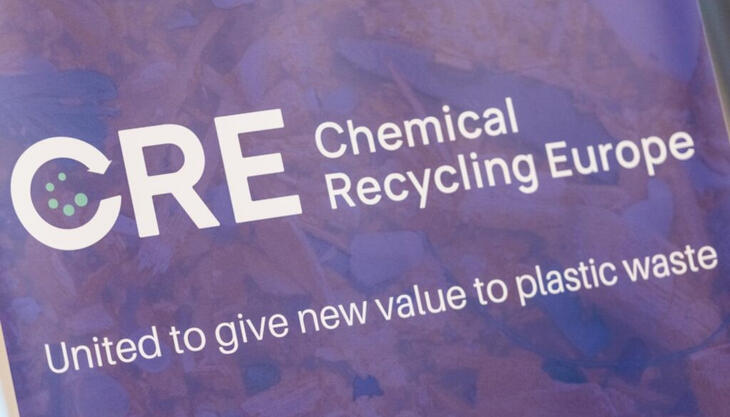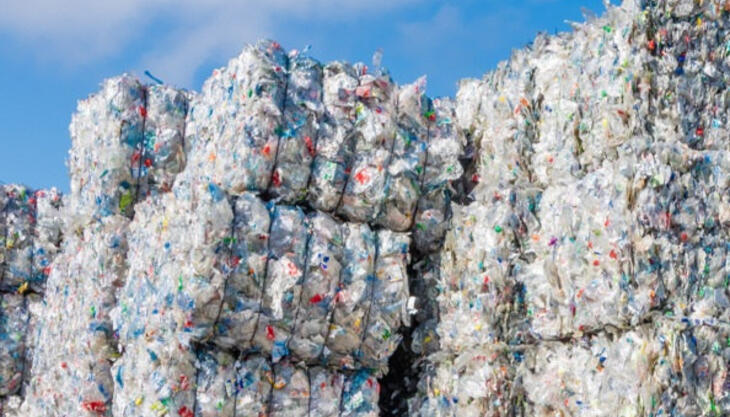A subsidiarity agreement between Carpi and Corepla

A new collaboration between the Corepla consortium and the Carpi consortium to facilitate the collection of plastic packaging waste from private commercial and industrial sites: this is the subject of an agreement between Corepla and the Carpi consortium for plastics recycling, whose aim is to implement, throughout Italy, the network of Corepla platforms, placing them at the service of companies that are unable, independently, to handle their own plastic packaging waste. The platforms that already have an agreement with Corepla are, in fact, now being joined by those of the Carpi consortium. These will thus become full members of the network for the collection of secondary and tertiary packaging from commercial and industrial users, thereby offering companies their support in a spirit of subsidiarity and with a view to the development of the circular economy ethos.
“This agreement produces numerous advantages for the entire pipeline”, underlines Antonello Ciotti, president of Corepla (photographed). “Users, who generate the waste, are offered the guarantee of a service that reaches all areas, while those who collect it have the certainty that they are part of a well-structured network of operators, and recyclers are guaranteed a constant and plentiful supply of quality material”.
“This subsidiarity agreement with Corepla”, says Luciano Pazzoni, president of the Carpi consortium, “not only marks the start of efforts to enhance the independent recycling pipeline that, from its outset, has always sought to safeguard both the environment and the economy; it also makes Europe more certain of reaching its established objectives. Basically, it is a model that lends itself to exportation elsewhere in Europe in the near future”.
Every day, plastic packaging guarantees companies ideal conditions for transporting, protecting and preserving their goods. But once it has done its job, it becomes waste and, as such, an increasingly valuable resource for the recycling industry. It therefore enables the creation of a system of system of careful circular economies that benefits the environment and allows savings on raw materials and the creation of new markets.
















